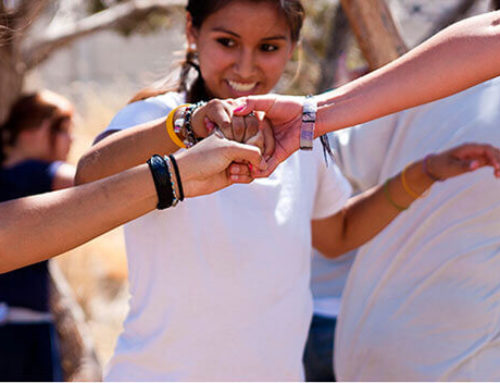It can be a bit confusing to navigate all the professionals involved in your child’s treatment. You may often ask your self, who are all these people? This list describes a few of these professionals and their specific role working with you and your child.
Direct Care
Direct-care employees are generally the people who will spend the most time with your child during treatment. These are usually program-trained, but unlicensed, employees charged with supervision, activities and recreation, safety management, and mentoring/counseling. Most have bachelor’s or master’s degrees and may also have certifications in recreational therapy or other direct-care specialties. A direct-care team may include dorm staff, activities staff, night staff, and etcetera.
Psychologist
A psychologist is generally a licensed clinician with a doctorate (Ph.D. or Psy.D.). Psychologists may specialize in assessments and/or may practice psychotherapy. Often the psychologist’s role is to provide clinical supervision and training for the clinical team, broad-strokes case management or consultation, and program management. A psychologist is not licensed to manage medication.
Psychiatrist
The psychiatrist is a medically trained (MD), board-certified mental-health professional who is trained in psychotherapy (typically with a psycho-dynamic orientation) and is licensed to manage psychotropic medication. The role of a psychiatrist in treatment is usually limited to questions of medication management (including prescribing, monitoring, and adjusting), complex psychiatric and medical assessments, and psychiatric-crisis management.
Advanced Nurse Practitioner
An advanced nurse practitioner has medical and often psycho-therapeutic training. An advanced nurse practitioner with psycho-therapeutic training and can offer traditional nursing services as well as certain psychotropic-medication management and psychotherapy services.
Psychotherapist
Psychotherapists are clinicians who specialize in delivering individual, group, and family therapy directly to clients. Training for psychotherapists varies widely and may include a master’s degree and one of a variety of licenses (e.g. LMFT, LPC, LCSW, etc.). Clinical training for psychotherapists may involve specialization in areas such as social work, family systems, or addictions. In a program setting, psychotherapists are in charge of case management, delivery of therapy, and family/professional communication.
Addictions Counselor
Addictions counselors focus on providing support, counseling, and resources to clients struggling with drugs, alcohol, and other addictions. Training varies widely from certification (e.g. CDAC) to graduate degrees. Addictions counselors may vary in orientation, with some favoring more traditional approaches such as 12-step recovery and others utilizing newer approaches such as SMART Recovery. Depending on the program’s emphasis, addictions counselors may serve either a primary or supportive therapeutic role.
Mentor
A mentor is a more practically oriented part of the treatment team, offering real-life advisement, support, and relationship. Mentoring is often a part of the post-treatment plan and may occur in the young person’s “real-life” home or school setting. Mentors may or may not have formal psycho-therapeutic training.
Educational Consultant
An educational consultant is a placement and planning professional who helps families find the right school program for their child or adolescent, and navigate the treatment process. In a therapeutic situation, the “special needs educational consultant” often has a background in treatment, including a master’s degree and/or a Ph.D.




